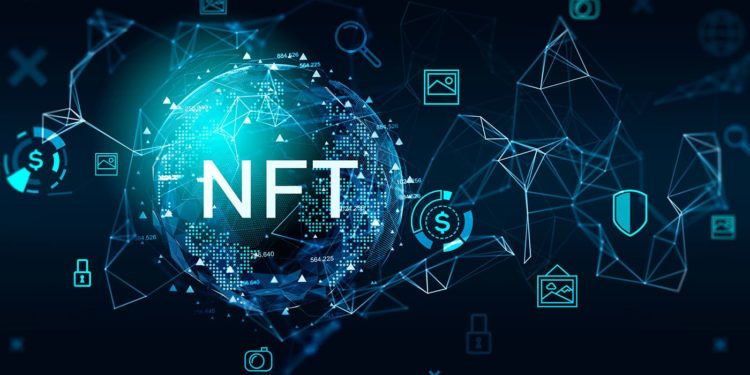Non-fungible tokens (NFTs) are transforming the investment landscape in Kenya by introducing a new paradigm of digital ownership and asset trading. Unlike traditional assets, NFTs are unique digital tokens verified on a blockchain, representing ownership of specific items such as art, music, or virtual real estate. This uniqueness ensures that each NFT cannot be exchanged on a one-to-one basis with another, making them inherently valuable and collectible.
In Kenya, the adoption of NFTs is being driven by the growing interest in blockchain technology and the increasing recognition of digital assets as legitimate investment vehicles. According to Bowmans Law, NFTs are gaining traction among artists, musicians, and other content creators who are leveraging them to monetize their works and exploit their intellectual property rights. This trend is not only democratizing access to investment opportunities but also fostering a new wave of creativity and innovation in the digital economy.
Moreover, the regulatory environment in Kenya is evolving to accommodate the rise of NFTs and other crypto-assets. The government and regulatory bodies are working to establish frameworks that ensure the security and legitimacy of digital transactions, thereby instilling confidence in investors. This regulatory clarity is crucial for the sustainable growth of the NFT market and its integration into the broader financial ecosystem. The Capital Markets Authority (CMA) of Kenya has been actively involved in developing regulations that support the growth and adoption of blockchain technology and digital assets, including NFTs. One notable regulation by the Capital Markets Authority (CMA) of Kenya is the establishment of the Regulatory Sandbox that allows for the live testing of innovative capital markets-related products, solutions, and services.
The impact of NFTs on the Kenyan investment landscape is profound, as they offer a secure and transparent way to trade valuable digital assets. By removing intermediaries and enabling direct transactions between creators and buyers, NFTs enhance market efficiency and reduce transaction costs. This efficiency is particularly beneficial for small-scale investors and artists who can now access global markets without the need for traditional gatekeepers.
NFTs are reshaping the investment landscape in Kenya by providing a novel approach to asset ownership and trading. Their unique properties, coupled with a supportive regulatory environment, are paving the way for a more inclusive and innovative financial ecosystem. As the adoption of NFTs continues to grow, they are expected to play a significant role in the future of digital investments in Kenya and beyond. The integration of NFTs into the investment strategies of Kenyans reflects a broader global trend towards the digitization of assets and the evolution of financial markets.














